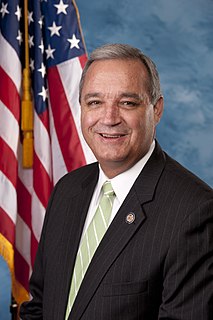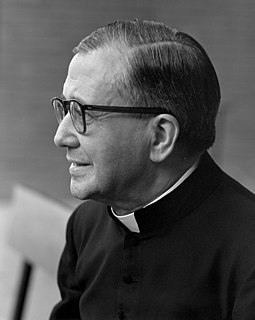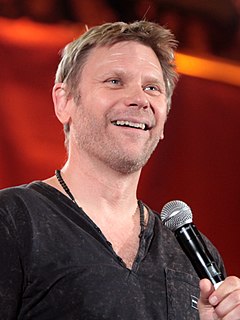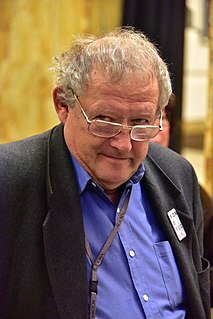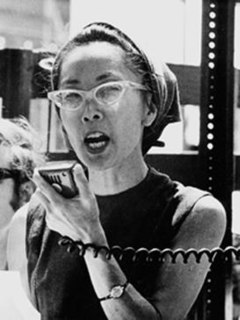A Quote by Alvin Toffler
The control of knowledge is the crux of tomorrow's worldwide struggle for power in every human institution.
Related Quotes
We should not be content to say that power has a need for such-and-such a discovery, such-and-such a form of knowledge, but we should add that the exercise of power itself creates and causes to emerge new objects of knowledge and accumulates new bodies of information. ... The exercise of power perpetually creates knowledge and, conversely, knowledge constantly induces effects of power. ... It is not possible for power to be exercised without knowledge, it is impossible for knowledge not to engender power.
Christian optimism is not a sugary optimism, nor is it a mere human confidence that everything will turn out all right. It is an optimism that sinks its roots into an awareness of our freedom, and the sure knowledge of the power of grace. It is an optimism that leads us to make demands on ourselves, to struggle to respond at every moment to God's call.
There is a tendency among many shallow thinkers of our day to teach that every human act is a reflex, over which we do not exercise human control. They would rate a generous deed as no more praiseworthy than a wink, a crime as no more voluntary than a sneeze. . . Such a philosophy undercuts all human dignity. . . All of us have the power of choice in action at every moment of our lives.
Power from any source tends to create an appetite for additional power. It was almost inevitable that the super-rich would one day aspire to control not only their own wealth, but the wealth of the whole world. To achieve this, they were perfectly willing to feed the ambitions of the power-hungry political conspirators who were committed to the overthrow of all existing governments and the establishment of a central worldwide dictatorship.
There is no proof. There are no authorities whatever. No president, Academy, Court of Law, Congress or Senate on this earth has the knowledge or power to decide what will be the knowledge of tomorrow. There is no use in trying to prove something that is unknown to somebody who is ignorant of the unknown, or fearful of its threatening power. Only the good old rules of learning will eventually bring about understanding of what has invaded our earthly existence.
There is only one institution that can arrogate to itself the power legally to trade by means of rubber checks: the government. And it is the only institution that can mortgage your future without your knowledge or consent: government securities (and paper money) are promissory notes on future tax receipts, i.e., on your future production.
Remember that consciousness is power. Consciousness is education and knowledge. Consciousness is becoming aware. It is the perfect vehicle for students. Consciousness-raising is pertinent for power, and be sure that power will not be abusively used, but used for building trust and goodwill domestically and internationally. Tomorrow's world is yours to build.

